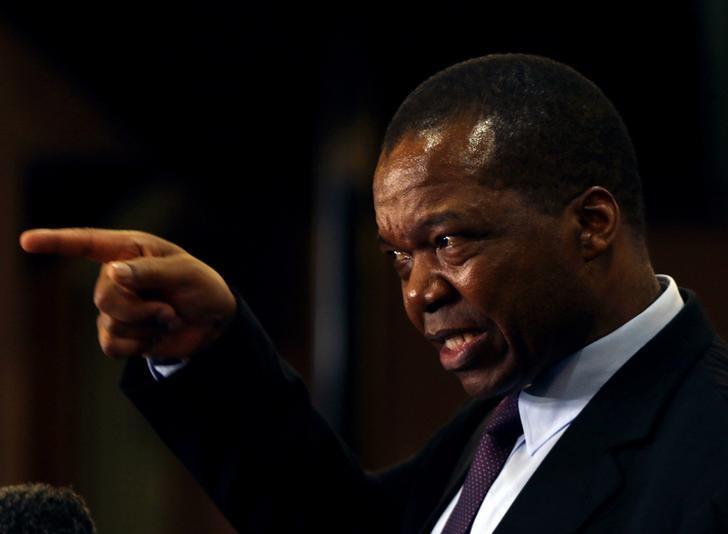RBZ leaves interest rates unchanged
The Monetary Policy Committee of the Reserve Bank of Zimbabwe has left interest rates unchanged amid expressed satisfaction with the prevailing macroeconomic stability and economic performance.
In a Monetary Policy Committee (the Committee) statement released Monday, the central bank said there is a need to sustain gains realised so far hence the decision to leave the Bank policy rate and the mid-term lending rate unchanged at 200 percent and 100 percent respectively.
The Committee unanimously agreed to stay the course of a tight monetary policy until the first quarter of next year, reads part of the MPC statement.
The apex bank, however, promised to review the interest rates in the first quarter of 2023 as dictated by inflation developments.
The economy is experiencing a slowdown in inflation with the November month-on-month inflation slowing to 1,8 percent while the year-on-year inflation slowed to 255 percent during the same period.
Also planned for the 2023 first quarter is further liberalisation of the foreign exchange market to enhance efficiency in the operation of the foreign exchange auction system and the willing-buyer willing-seller foreign exchange mechanism.
The central bank will also review the foreign currency retention thresholds on exports and domestic FCAs during the first quarter of 2023 “in line with improved efficiency of the foreign exchange trading systems in order to sustain the current growth trajectory in foreign currency receipts.”
Exporters currently retain 60 percent of their foreign currency earnings while domestic FCA retains 80 percent with the balance surrendered to the RBZ at the willing-buyer willing-seller exchange rate.
The business community was hoping for a rate cut with the Zimbabwe National Chamber of Commerce, in its submissions to the 2023 National Budget, saying “high-interest rates are making the funding of business operations and new investments unviable”.
“We understand the need to curtail speculative borrowing and bring the much-needed stability in the economy by raising interest rates.
“However, the projected growth of 4,6 percent may fail to be attained due to a decline in investment and aggregate demand due to the high cost of borrowing,” reads part of ZNCC’s submissions to the 2023 National Budget.
In a recent trading update, GB Holdings company secretary, Patrick Munyanyi said; “high-interest rates constrained operations due to high debtor default and inability to access additional local funding”.
Edgars CEO Tjeludo Ndlovu, shared the same sentiments at the company’s analysts’ briefing last month when she said “high-interest rates dampened consumption and investment levels resulting in our customers cutting on ZWL purchases negatively affecting our sales growth.”
An analysis by the Confederation of Zimbabwe Industries revealed that the policy to hike interest rates to a minimum of 200 percent “virtually eliminated borrowing in local currency as a way of finance and reduced industry expansion prospects”.
“An interest rate of 200 percent compounded monthly effectively eliminated ZWL$ borrowing, as businesses could not afford such high borrowing costs,” reads part of a recent CZI report. – BH24











